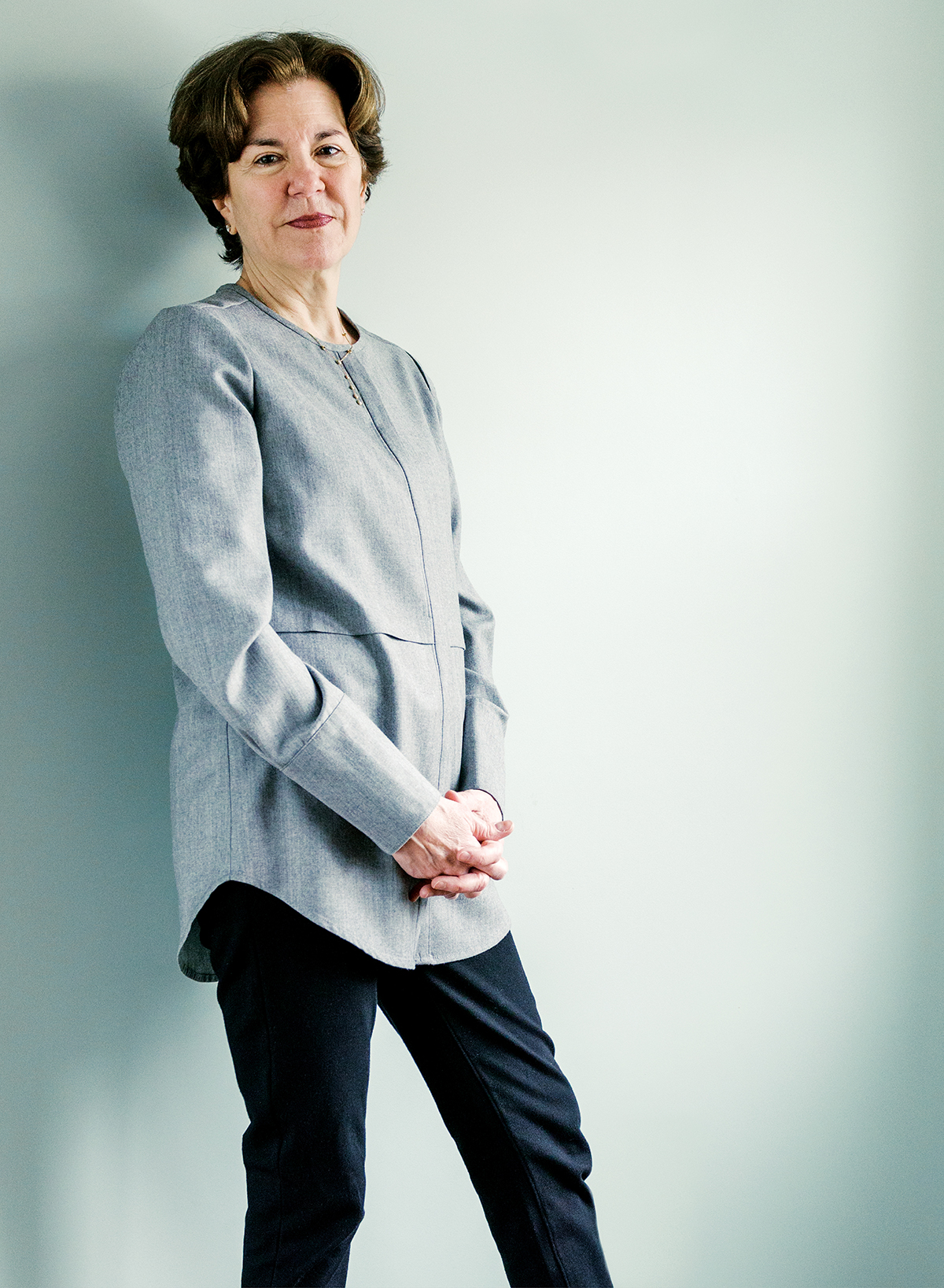The Power of Ideas: Deborah Flaschen

Photograph by Tony Luong
The Problem
Deborah Flaschen’s son, D. J., was well served by the public school system. His Brookline High School classes accommodated his autism, and he had many friends. But as D. J. approached his 22nd birthday—the schooling cutoff age known to many parents as “the cliff”—his future looked bleak. Services for disabled adults seemed focused on deinstitutionalizing older people, not supporting younger ones. Other programs, Flaschen says, seemed like sheltered workshops, cut off from the community: “I didn’t think any of them were worth his time.”
The Idea
Flaschen decided to create an environment where developmentally disabled adults could continue to learn without being segregated from their peers, and where they could establish jobs and homes while still having access to support and resources. “I began to think about how to design a community to support people over a life span,” she says. In November, she opened 3LPlace Life College, a state-approved, residential, post–high school program housed in a renovated multifamily house outside of Davis Square.
Learning for a Life Span
Using a curriculum Flaschen developed with researchers from Tufts, Harvard, and other universities, the college will teach independent living skills to young adults with developmental disabilities as they interact with the wider world. When students graduate in two or three years—they set their own pace—they’ll get help finding jobs and apartments in the Davis Square area, with the college continuing to be a hub. The school can accommodate up to 10 students—a tiny number considering that nearly 17 percent of Massachusetts public school students are in special education classrooms. Ultimately, Flaschen hopes the program can be replicated elsewhere—which is why she’s released the curriculum on the 3LPlace website, for free. “We’re trying to make building blocks that people can use to construct their own program,” she says, “to create a whole life.”
The Stats
420,000
Number of disabled adults who work at “sheltered workshops” nationwide.
17
Percent of intellectually disabled adults ages 21 to 25 who live on their own.
34
Percent of intellectually disabled adults who are employed.
Stats courtesy University of Massachusetts Boston/Journal of Vocational Rehabilitation; National Council on Disability


